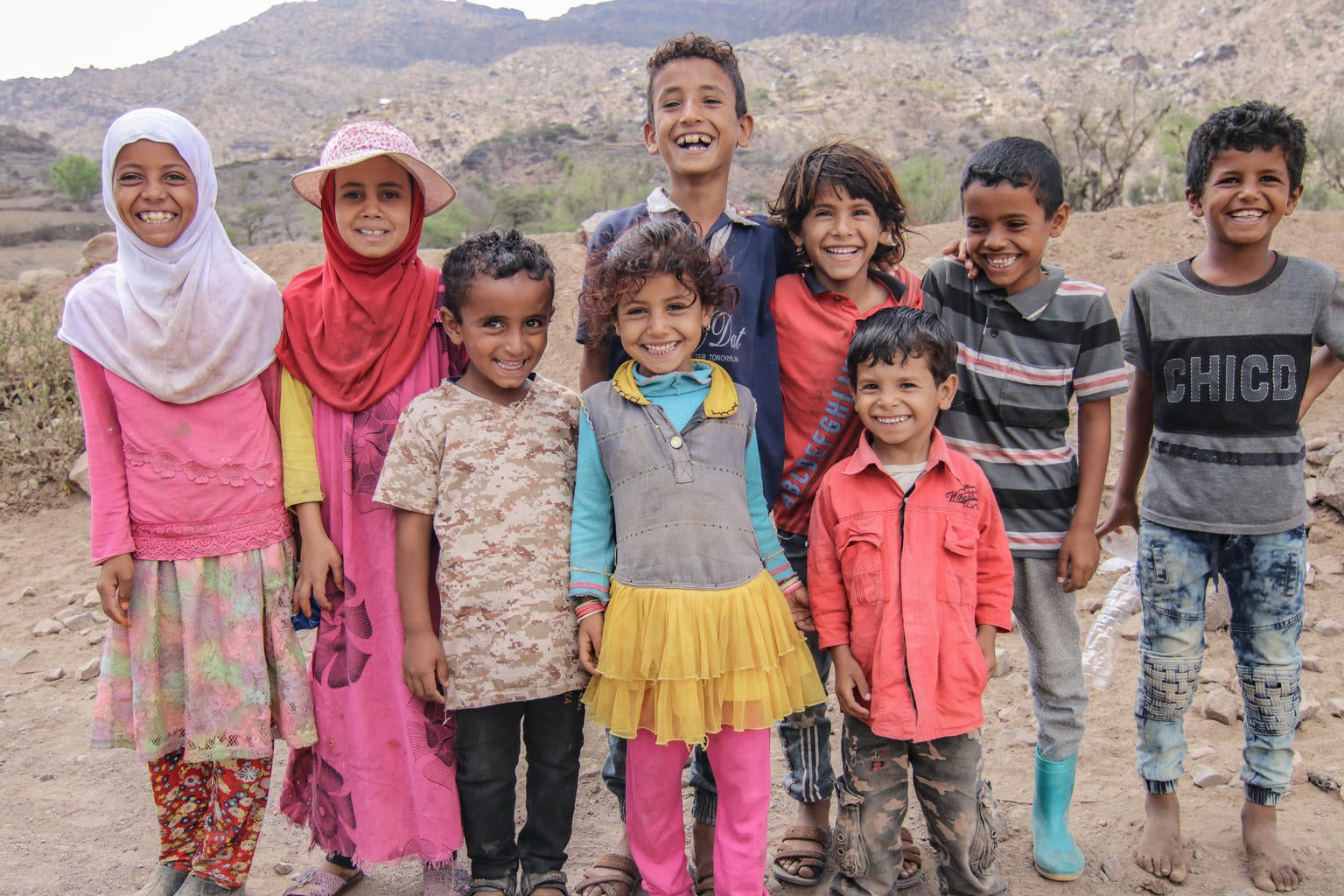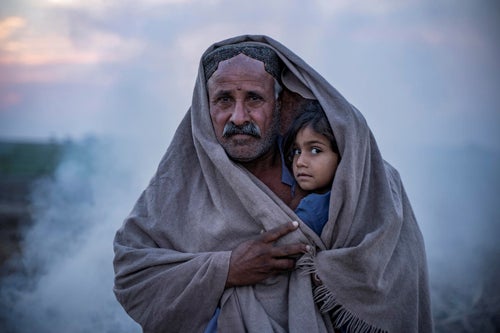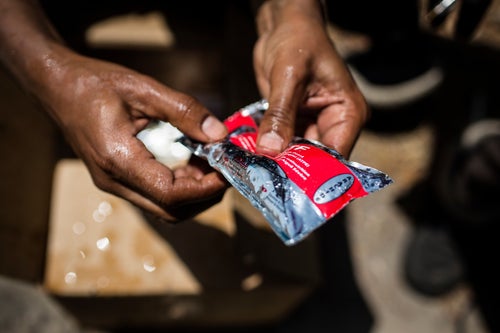The deadliest Ebola outbreak in the Democratic Republic of Congo comes to an end; the deteriorating humanitarian crisis in Yemen; reaching even the most isolated communities with vaccines, and a look at Fiji and Vanuatu in the wake of Tropical Cyclone Harold.
The end of Ebola in eastern Democratic Republic of Congo
The eastern region of the Democratic Republic of Congo is celebrating the end of one of the deadliest Ebola outbreaks in the area, with no new cases reported since April 2020. The outbreak began nearly two years ago, and since then the region has reported over 3,000 cases.
The news comes as a massive relief for healthcare workers fighting on the frontline of the disease. UNICEF-supported workers worked tirelessly to care for patients and their families, raise awareness, and install sanitation services to prevent the spread of Ebola.
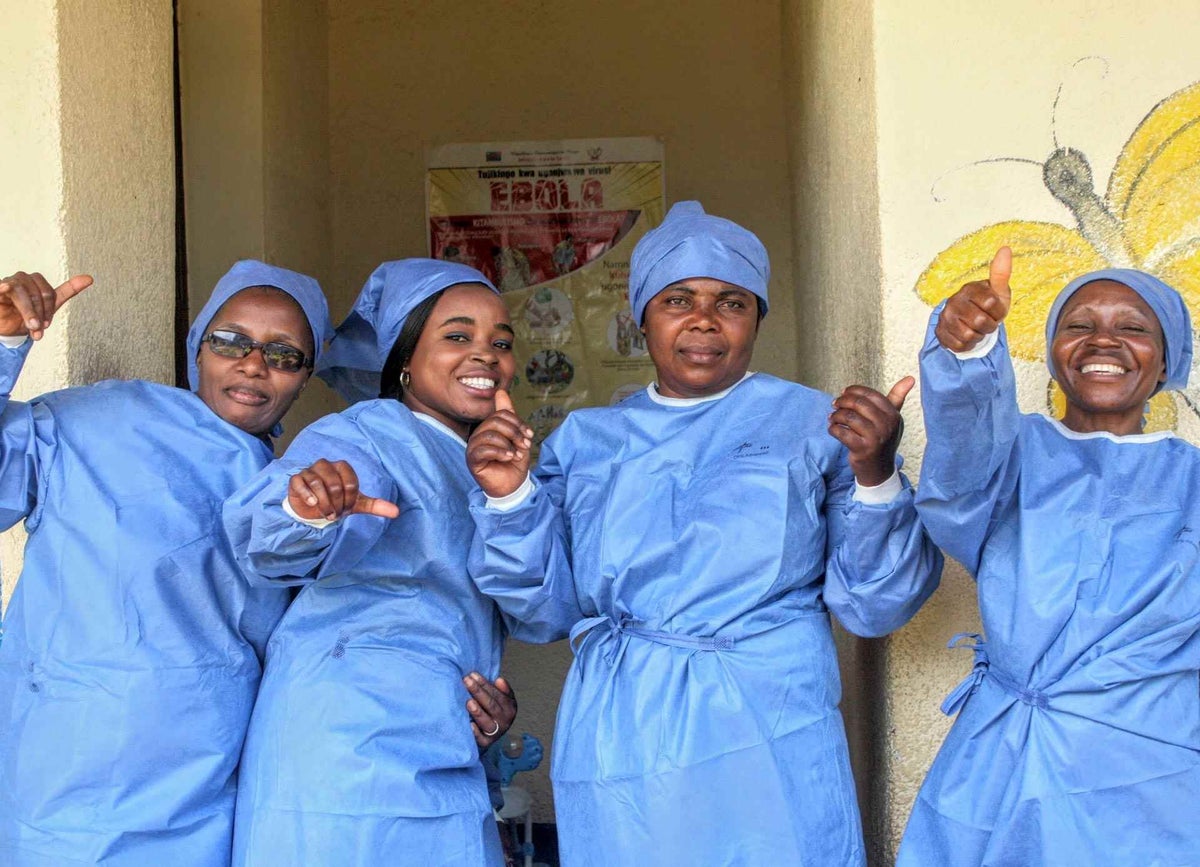
While this is welcome news for the region, challenges remain as more cases are being detected in surrounding areas. With a long-term presence in the country, UNICEF remains committed to supporting patients and healthcare workers, as we work the stop the spread of Ebola
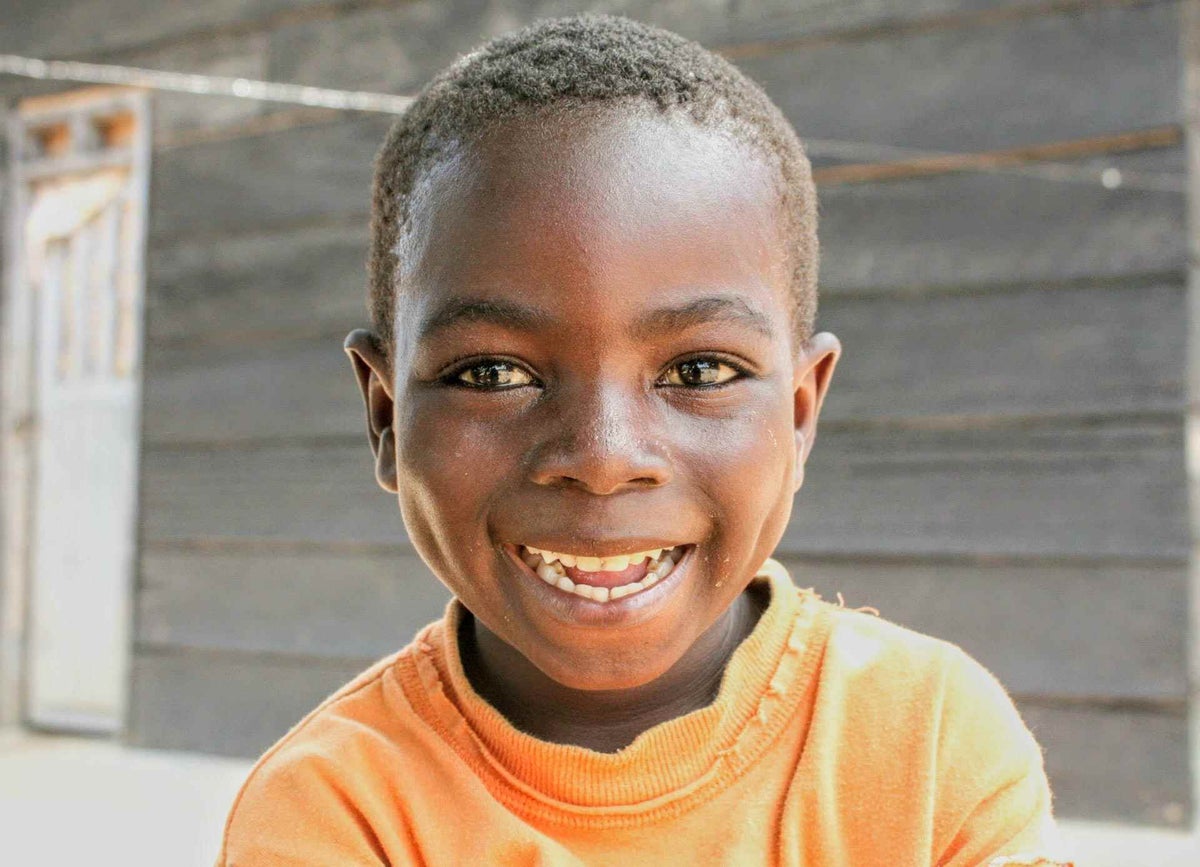
The escalating crisis in Yemen
Over five years of conflict in Yemen has put millions of children in immediate danger. Children in Yemen face the daily reality of death, injury, malnutrition and the spread of diseases like cholera as systems within the country are pushed to the brink of collapse.
Across Yemen, UNICEF and partners are working hard to provide critical services to millions of children. As conflict and violence push more families into poverty and hunger, UNICEF is helping treat severe acute malnutrition in children by providing essential therapeutic food, safe drinking water and medical supplies.
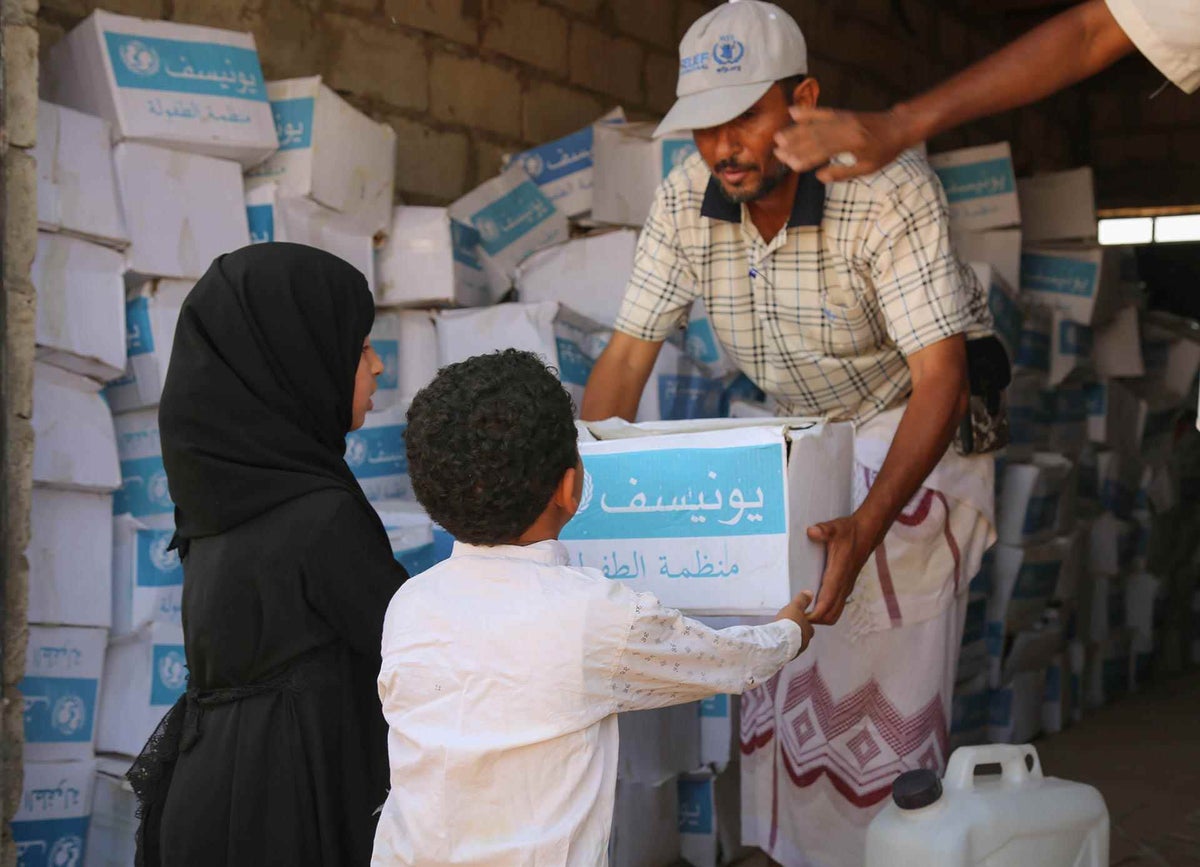
While still continuing to provide vital services in the area, UNICEF is also scaling up response programs to target the spread of COVID-19, including providing clean water to communities in need, and distributing basic hygiene kits to enable displaced families across the country to protect themselves.
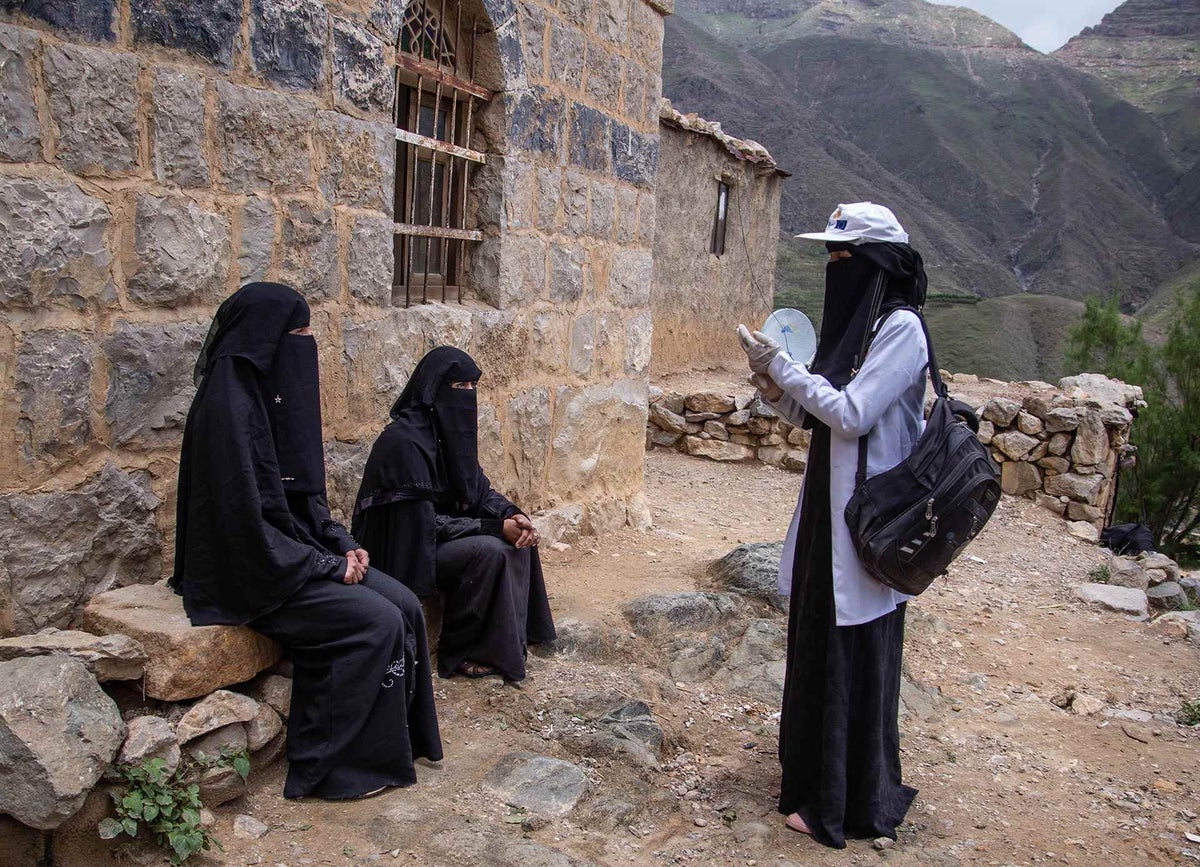
Going the distance to reach vulnerable communities
UNICEF goes the extra distance to support the most vulnerable communities around the world, including vaccinating children in even the most hard to reach areas. Immunisation is key to ending many preventable child deaths and giving children a chance to grow up healthy and reach their full potential.
However for children living in remote areas, accessing vaccination programs is often a challenge. To combat the spread of preventable illnesses within isolated communities in Venezuela, UNICEF shipped vaccines by light plane to the Hoti indigenous groups, reaching over 1,500 vulnerable children.
UNICEF has mobilised teams around the country to provide much-needed polio, yellow fever, and measles vaccines. This year, UNICEF Venezuela plans to reach more than 530,000 children with life-saving vaccinations.
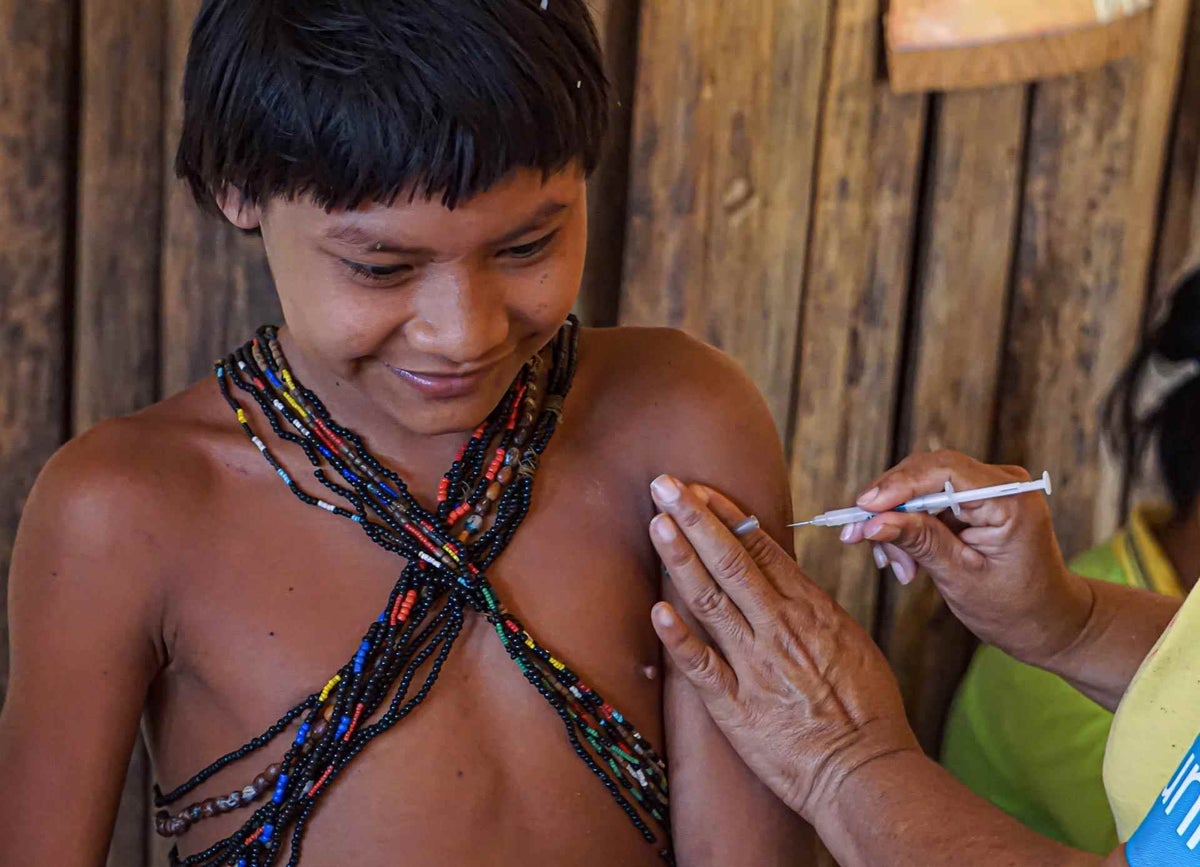
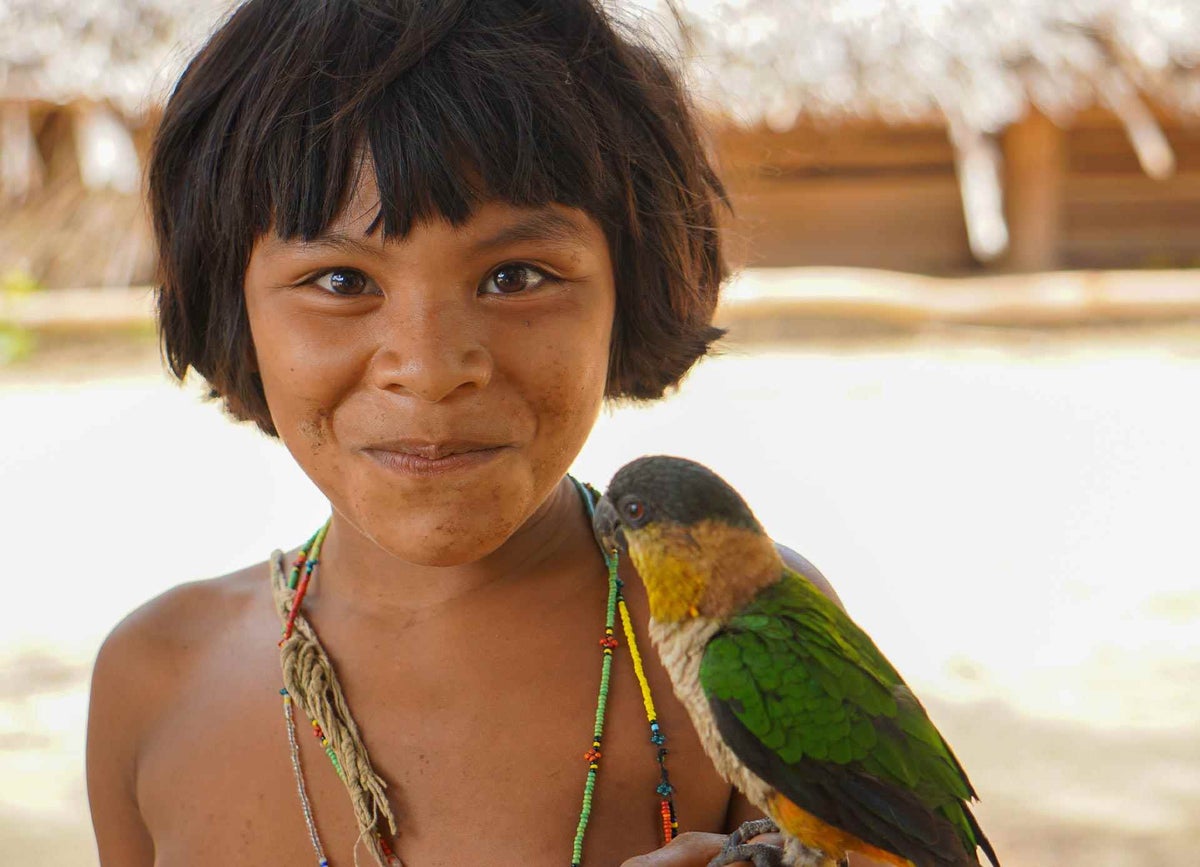
In the aftermath of Tropical Cyclone Harold
During April this year, our close neighbours Fiji and Vanuatu were hit by Tropical Cyclone Harold. The severe storm affected nearly 200,000 people in the area. UNICEF rapidly transported critical supplies to affected areas, providing water and sanitation services, food, shelter, as well as medical assistance for affected communities.
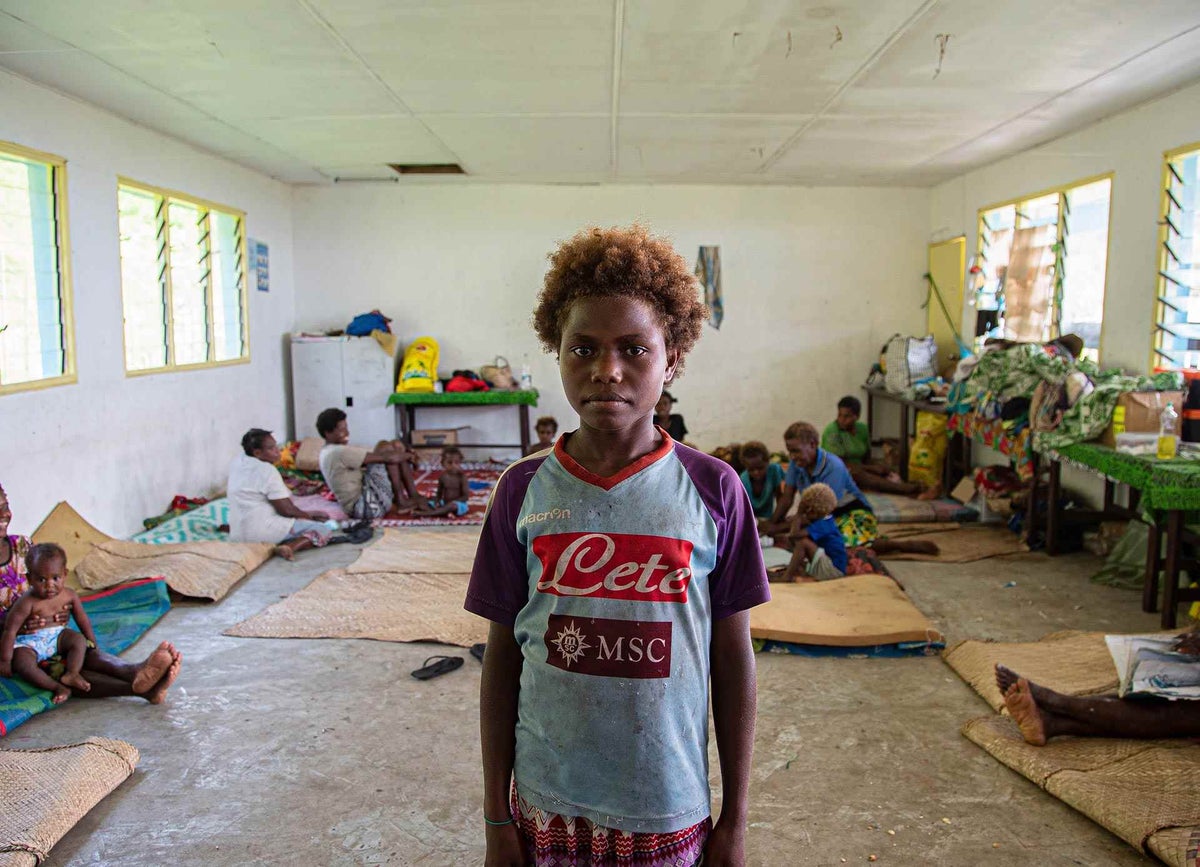
Seraphine and her family were among those impacted by the cyclone. Seraphine, 9, and her family have been living in a classroom with other families since Tropical Cyclone Harold destroyed their homes.
Classrooms around the area were used as evacuation centers during the emergency. These centres still provide shelter for those affected, as the community begins to rebuild months after the cyclone took their homes.
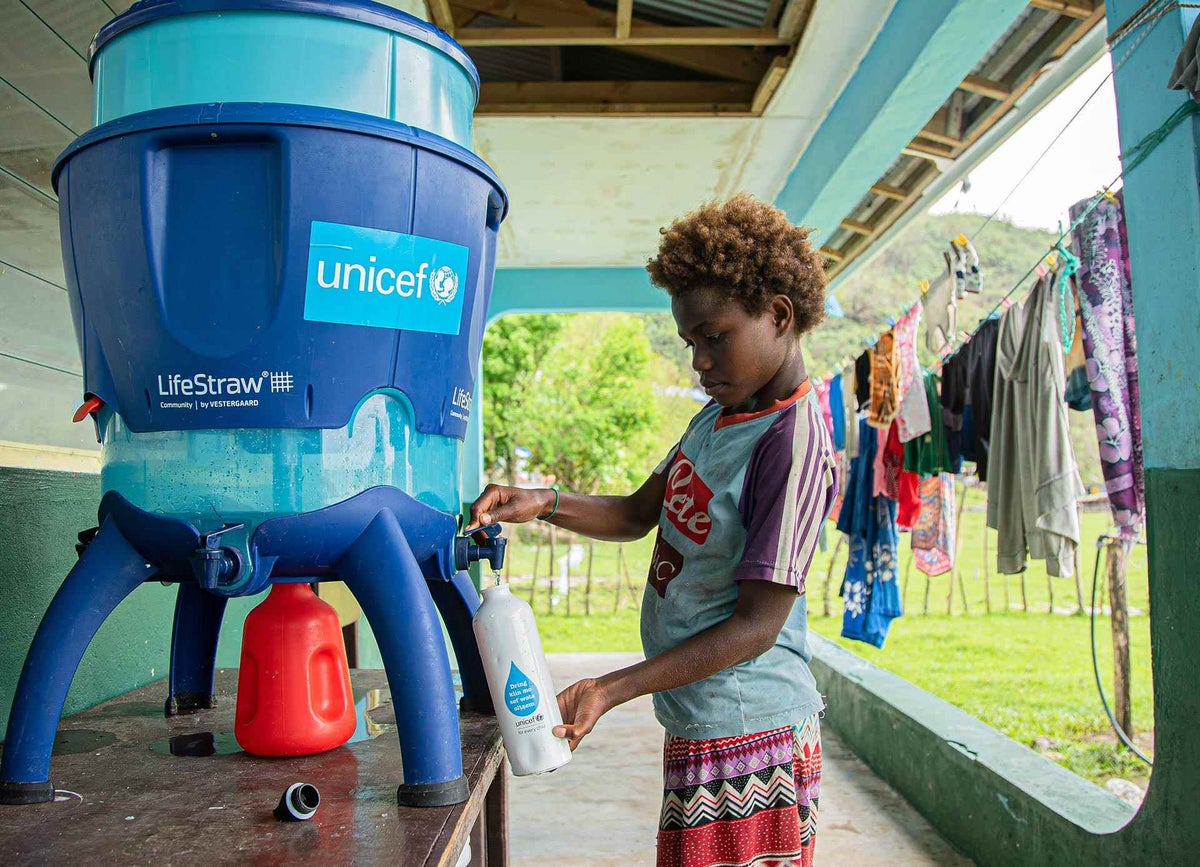
Inspired? Even from here in Australia, you can do your bit!
UNICEF humanitarians do incredible work out in the field but you too can help all around the world by signing up to make a monthly gift & joining our special group of Global Parents.
UNICEF can reach children no one else can. We can provide safe places for children to learn and play, deliver clean water and life-changing supplies, bring a child back from severe malnutrition and make sure every child smiles. But we can’t do it alone. Help UNICEF deliver these things and more to every child.
Related articles
Stay up-to-date on UNICEF's work in Australia and around the world



